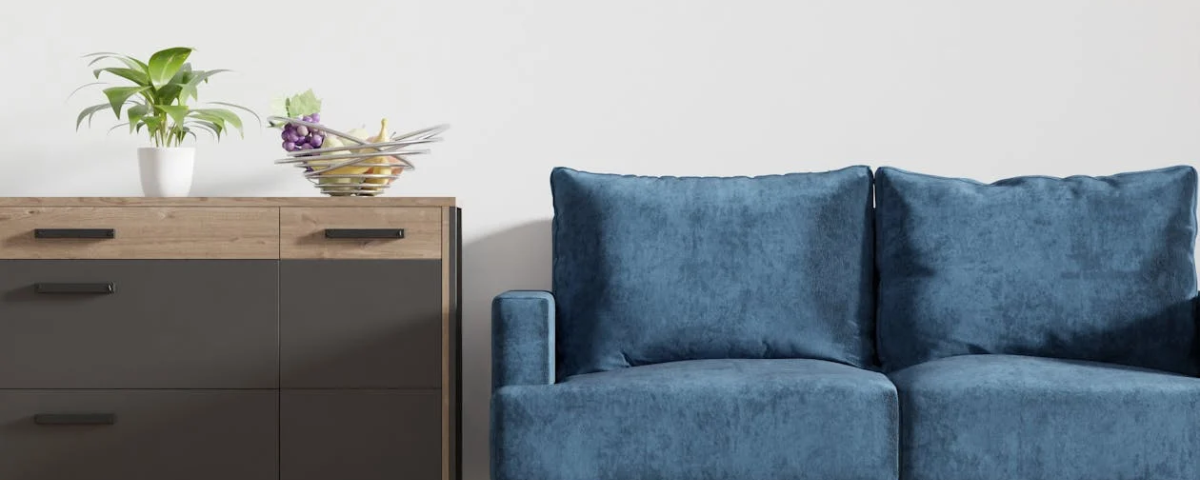In a world where accumulation signifies success, we all find ourselves overwhelmed by the weight of possessions, obligations, and expectations. Pursuing more leaves us feeling empty, longing for a sense of fulfillment and with a purpose that only seems elusive. During moments of uncertainty or discomfort, we instinctively seek clarity. We wonder if our current state aligns with our deepest aspirations and if our path truly reflects our essence. Have you ever paused and pondered, what truly defines a meaningful life?
In today’s society, material wealth often overshadows the value of a simple life. However, individuals who have embraced the essence of true wealth recognize that it isn’t about impressing others but nurturing their contentment through a life of simplicity. Such individuals adapt to Minimalistic living.
At its core, Minimalism is intentional living, reducing clutter and stripping away excess in various aspects of life to make room for what brings value, purpose, and Joy. Here we will discuss how adopting a Minimalism lifestyle can help us lead a purposeful life and how we can implement it.
Table of Contents
Why Should You Adopt a Minimalist Lifestyle

It’s no surprise that today’s market often manipulates us into buying even the most unnecessary items. With the internet just a click away, we can easily purchase things that may have little importance in our lives, often with rapid delivery. We’re not immune to the marketing strategies designed to make us dependent on the latest products. This constant cycle of consumption has become such a habit that when we refrain from buying, we often fall victim to the fear of missing out (FOMO).
“Minimalism is not a Monastic living but a lifestyle and mindset centered around consciously simplifying life by focusing on what truly matters”
Poor Finance
To satisfy our emotional hunger and calm the stress temporarily we are trapped to opt for instant pleasure. Be it spending in a fine dining restaurant for overpriced food or shopping for clothes, gadgets, or other things thinking it is going to solve our problem. We get multiple credit cards and get into debt to satisfy our unnecessary needs only to find ourselves drowned in debt by the end of the month.
Cluttered Space
By owning multiple things that are not required or aren’t important, what we are doing is just cluttering our space. A cluttered space gives an individual a cluttered mindset which also hampers the discipline. An unorganized place keeps us from making the right decisions and lacks clarity.
Unwanted Stress
By formulating unhealthy habits our lives become even more stressful Leading to procrastination, negative thinking, and opting for bad habits. Just by not making organized informed decisions we unintentionally add more stress into your life.
Lack of Focus
Too many possessions and commitments can not only add more stress but also scatter focus making it harder to concentrate and prioritize important things in life. It hampers productivity and can make decision-making more challenging and time-consuming.
10 Benefits of Adopting a Minimalistic Approach
Mindful Living
Mindful Living is simply feeling your senses with awareness. Doing more than just existing. With a Minimalist approach, one is encouraged to practice mindfulness and appreciate simplicity. Mindful living promotes living in the present, and being content with what one possesses. Mindfulness is a direct result of Minimalism.
With the approach of minimalism, one finds themselves with fewer to no distractions and fewer choices to choose from which leads them to lead a life mindfully. To get more insight into Mindfulness, you may want to check out our blog on “10 Proven Ways to Practice Mindfulness More Effectively”.
Simplicity
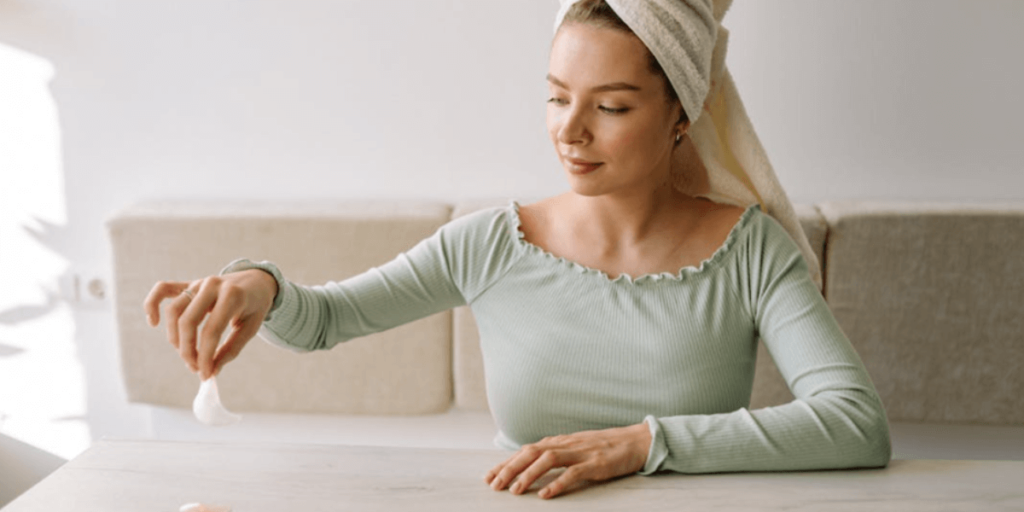
One of the top benefits of approaching a minimalistic lifestyle is living a life with Simplicity. Common practices of simple living include reducing the number of possessions one owns, depending less on technology and services, and spending less money. This not only promotes a healthy lifestyle but a healthy mindset.
A minimalistic lifestyle encourages thoughtful selection of only what is necessary and significant by emphasizing simplicity in possessions, experiences, and commitments.
Decluttering
You must have found yourself in a position where you find it hard to let go of your favorite childhood toy or a box with memories filled that does not provide any more value. Emotional attachment to things or people leads us to be more insecure. By hanging on to these emotional attachments or fear of losing we often declutter our space and mind.
Decluttering is necessary in our lives to make space for valuable and more important things. One of the first and foremost actions while adopting a Minimalistic lifestyle is to declutter. By decluttering physical spaces, and removing unnecessary belongings we create an environment of calm and clarity.
Intentionality
Intentionality often refers to living life with an intention and not letting it pass by as we watch. By living an intentional Life, we get to write our future. We get to do the things we always want to do and find joy even in the uncertainty of life.
By living intentionally, we concentrate on making thoughtful decisions and consuming with awareness. We learn to prioritize quality over quantity in every aspect of life. Minimalism helps us live life intentionally.
Focus of Essentials
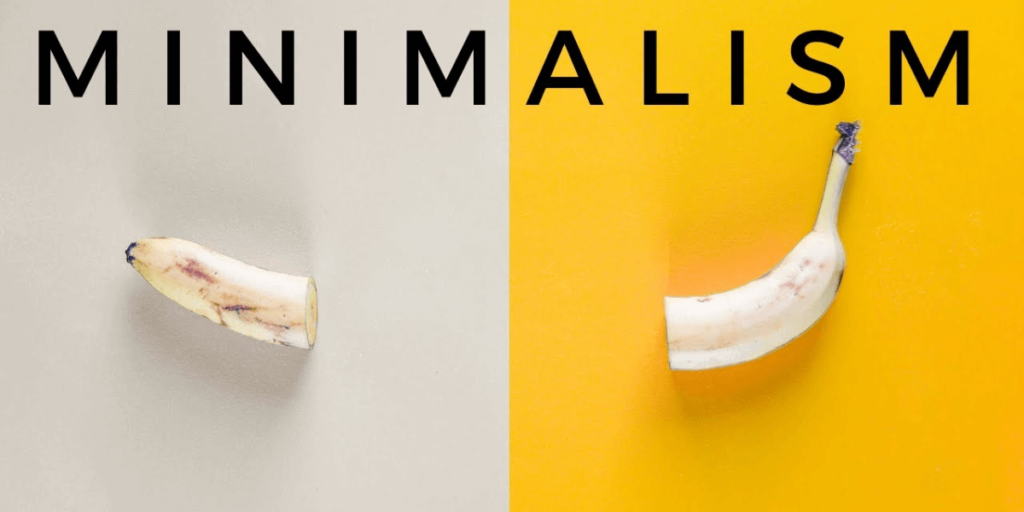
In a world full of constant stimulants and a wide range of choices we often find ourselves confused. In a shopping mall, when bombarded with so many options of shoes to choose from, you might end up buying a shoe that leaves you with dissatisfaction and discontent or buy multiple pairs that you didn’t even need in the first place. Either way, both choices are bad.
Minimalism encourages focusing on essentials, priorities relationships, experiences, and personal growth while eliminating distractions.
Freedom of Consumerism
It is not unknown how the marketeers have many different strategies and techniques to get their products sold. While they are fine at doing their job, we often end up consuming products, contents, and food that are often really bad for us.
Minimalism challenges the idea of equating materialistic wealth with happiness while promoting freedom from the constant pursuit of materialistic wealth.
Healthy Finance
When consumed in the right quantity and spending less on unnecessary things we can save. When choosing to accumulate only the essentials we are not only saving our space from getting decluttered but also saving our finances.
Reduced Stress
It is always recommended to work on the lifestyle to manage stress in life. We need to eat healthy, do regular exercise, do healthy socializing, and stay away from constant urges of repeating patterns.
Minimalism encourages a lifestyle where healthy habits come in handy leading to reduced stress and a healthy mind.
Increased Productivity
Less distraction and more clarity mean more focus. With more focus our productivity increases. By adopting a lifestyle where simply mindful choices are made, we technically increase the level of our productivity.
Clean Environment
We must know that Minimalism is not only beneficial to us as individuals but to our environment. By consuming in the right quantity, we produce less waste therefore leading to a contribution to our environment’s sustainability.
When implemented as a society we can be able to make a huge difference in our environment by promoting cleaner air, cleaner water, less wastage, animal friendly, and more greenery.
Steps to Implement Minimalism in Our Life
Adopting Minimalism can completely transform our lives. Implementing Minimalism requires gradual changes and intentional choices to simplify various aspects. Here are a few simple strategies we can follow to successfully become a Minimalist.
- Reflect on Values
When deciding to add something to your life or shopping cart, think about what truly matters to you. What brings joy, a defined purpose, and fulfillment? While choosing friends we often try to find out their good qualities and bad qualities. We try to evaluate how important they are for a joyful and meaningful life. We must make such thoughtful decisions in every other aspect of our lives as well.
- Declutter and Organize
Starting with small things, begin to organize your space one area at a time. Keeping only the things that serve a purpose and donate the rest. Donating or discarding for reusable purposes not only cleans your space but also the environment. Become a contributing member for a sustainable environment. You can check here for more Minimalist tips on decluttering your space.
- Digital Minimalism
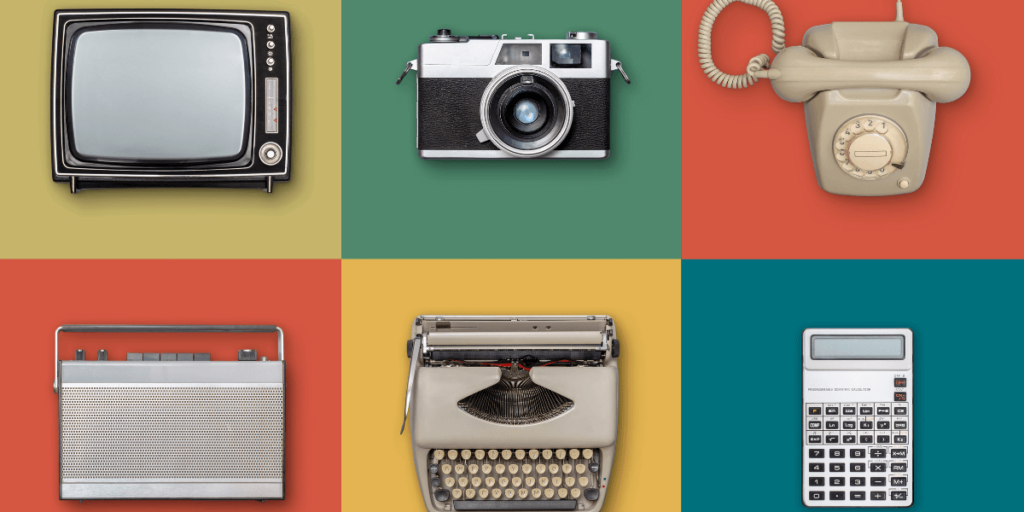
To understand digital minimalism is to restrict your behaviors and patterns when using digital devices. You can start by reducing screen time, leaving time for meaningful activities for yourself or loved ones promoting healthier connections. Organise digital space by reducing apps, emails, and files. Find more on Digital Minimalism by Mark Manson.
- Simplify commitments
Evaluate your commitments and consider focusing on those that are important and add value to your life. Refrain from fulfilling such responsibility in the name of people pleasing as it will only clutter your mind.
- Be patient and Flexible
Embrace Minimalism gradually. Enjoy the journey of slowly getting yourself and your surroundings organized. Adopting this lifestyle is not an overnight transformation. Be flexible and adapt to changes if needed.
- Embrace Contentment
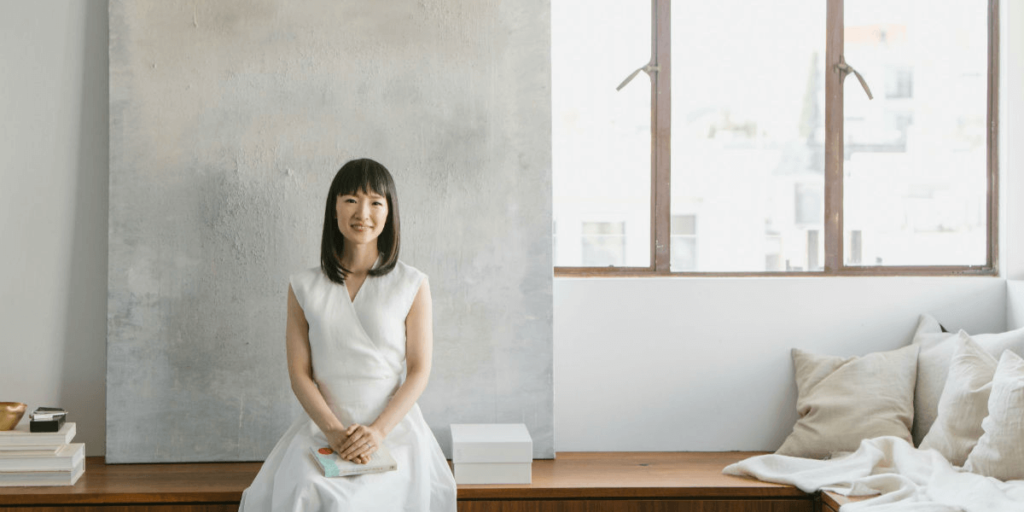
Fall in love with simplicity. Find joy and fulfillment in experiences and relationships and not material possessions. Owning less possession is owning less unnecessary responsibility. When we are content with fewer possessions, we tend to be detached from the traps of falling back into bad habits therefore staying stressless.
Conclusion
We prioritize buying newly launched gadgets, pairs of shoes, branded clothing, overpriced bags, and luxury items. Let’s face the fact. Do we even need those items? Do those items add value to a purposeful life? And the answer is often simply No. We clutter our house with so many unwanted things that we don’t even remember why we brought them in the first place.
A simple example would be that we cannot name all the items we have kept in your storeroom. Anything that we have on your shopping list might just be completely unnecessary and sometimes owning multiple of them adds nothing but clutters.
Frequently Asked Questions
What is minimalist living?
It is simply creating an uncluttered and peaceful environment by getting rid of things you do not use or need.
Is minimalism a monastic living?
Minimalism is not quite like a monastic living. Monastic living requires getting rid of almost everything in our lives whereas minimalism requires getting rid of unnecessary things but the most essentials.
What rules do I need to follow to become a minimalist?
There is no set rule to become a minimalist. One can simply lead a life with no clutter, no distractions, less waste, and a simple living mindset. Minimalism leads to a life where one lives debt-free, sustainably, and naturally.
Does one need to become vegan to become a minimalist?
No, Minimalism does not require one to be vegan. Being vegan can contribute to the environment by directly promoting environmental sustainability however minimalism is simply choosing foods and products that require less processing and waste.
Can minimalism improve my lifestyle?
Yes, approaching a minimalistic lifestyle can be beneficial in many ways. Keeping your place tidy and clean, staying debt-free, and distraction-free, and choosing quality over quantity keep you stress-free and improve your physical health, mental well-being, and social life.
